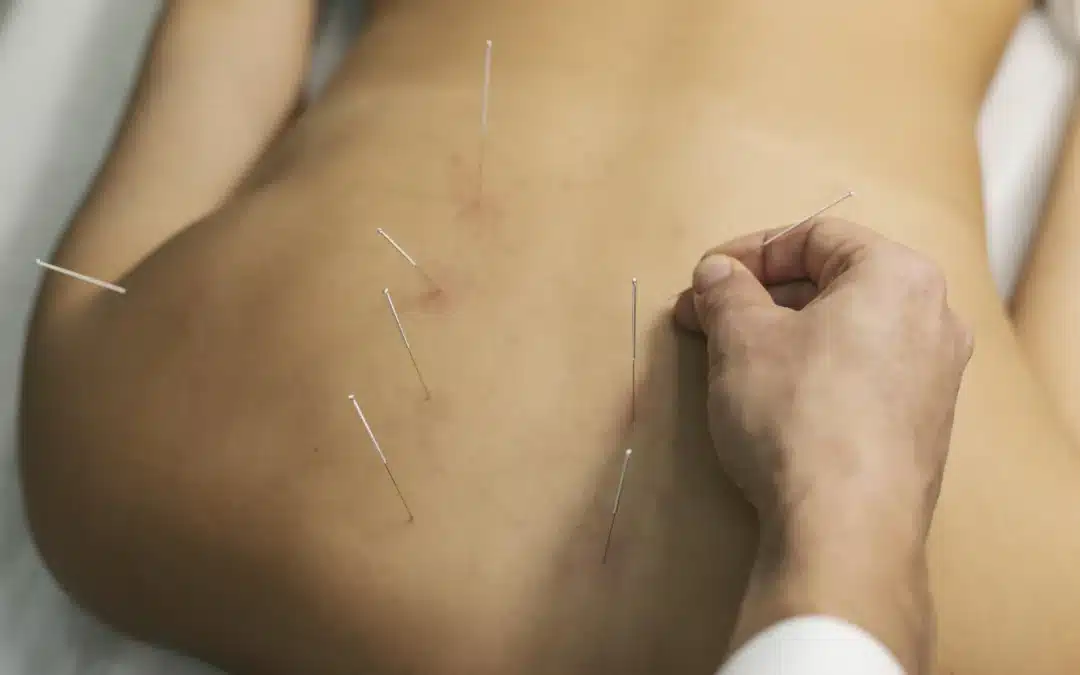The journey through cancer is a challenging and complex experience that encompasses physical, emotional, and psychological aspects of a person’s life. As the field of medicine continues to advance, so does our understanding of the importance of holistic approaches to cancer care. One such approach that has gained attention and credibility is the integration of acupuncture into mainstream oncology practices.
A Holistic Approach to Cancer Care
Cancer care has evolved beyond the confines of conventional treatments like surgery, chemotherapy, and radiation therapy. The concept of integrative oncology has emerged, emphasizing the integration of complementary therapies alongside standard medical interventions. Integrative oncology recognizes that cancer affects every facet of a person’s well-being and aims to provide a comprehensive approach that addresses not only the disease itself but also the overall quality of life of the patient.
The Essence of Acupuncture in Cancer Care
Acupuncture, an ancient healing practice rooted in traditional Chinese medicine, involves the insertion of fine needles into specific points on the body to stimulate energy flow and restore balance. Its incorporation into cancer care is based on its potential to alleviate treatment side effects, enhance well-being, and promote overall health. Acupuncture is not intended to replace conventional cancer treatments; rather, it serves as a complementary therapy that can enhance the patient’s experience and outcomes.
Managing Treatment Side Effects
Cancer treatments such as chemotherapy and radiation therapy often come with a range of side effects that can be physically and emotionally distressing. Nausea, vomiting, pain, fatigue, and neuropathy are common challenges that cancer patients face. Acupuncture has demonstrated effectiveness in managing these side effects. Studies have shown that acupuncture can help reduce chemotherapy-induced nausea and vomiting, alleviate treatment-related pain, and mitigate fatigue. By targeting specific points on the body, acupuncture aims to restore the body’s natural balance and alleviate discomfort.
Enhancing Quality of Life
The emotional toll of a cancer diagnosis and treatment can be profound. Anxiety, depression, and a diminished quality of life are not uncommon among cancer patients. Acupuncture’s ability to induce relaxation and reduce stress has the potential to improve emotional well-being and overall quality of life. The release of endorphins and the modulation of neurotransmitters during acupuncture sessions contribute to a sense of calm and improved mood. This holistic approach recognizes that emotional and psychological well-being are integral to the healing process.
Boosting Immune Function
Maintaining a strong immune system is essential for individuals undergoing cancer treatment. Acupuncture is believed to have immunomodulatory effects, which can be particularly valuable during a time when the immune system may be compromised. By enhancing immune function, acupuncture may contribute to the body’s ability to withstand the stress of treatment and support the healing process. This is especially relevant in a context where the body’s defense mechanisms are crucial for recovery.
Restoring Energy and Vitality
Cancer and its treatments can leave patients feeling fatigued and physically drained. Acupuncture’s focus on restoring the body’s energy balance can help alleviate these feelings of exhaustion. By stimulating energy flow, acupuncture aims to restore vitality and promote a sense of well-being. Many patients report feeling rejuvenated and more capable of engaging in their daily activities after acupuncture sessions, which can significantly impact their overall quality of life.
Addressing the Mind-Body Connection
Integrative oncology recognizes the interconnectedness of the mind and body in cancer care. Acupuncture sessions provide patients with an opportunity to engage in self-care and mindfulness. This connection to their own bodies can be immensely valuable in the context of a cancer diagnosis, as it fosters a sense of empowerment and control. By promoting relaxation and inner harmony, acupuncture addresses not only the physical symptoms but also the emotional and spiritual dimensions of the cancer experience.
Collaboration and Considerations
Integrating acupuncture into cancer care requires collaboration between oncologists, medical teams, and trained acupuncturists. It’s essential for patients to communicate openly with their healthcare providers about their interest in acupuncture and to receive guidance on its integration into their treatment plan. Acupuncture should be viewed as a complementary therapy that enhances conventional treatments rather than replacing them.
Conclusion
Cancer care has evolved to encompass more than just medical interventions; it embraces a holistic approach that nurtures the whole person. Acupuncture’s incorporation into mainstream oncology practices is a testament to the growing recognition of the importance of addressing not only the physical aspects of cancer but also the emotional, psychological, and spiritual dimensions.
By managing treatment side effects, enhancing quality of life, boosting immune function, restoring energy, and fostering the mind-body connection, acupuncture plays a valuable role in the journey of individuals with cancer. It offers a unique opportunity for patients to actively participate in their healing process and to experience a sense of well-being amid the challenges of cancer treatment.
As the field of cancer care continues to evolve, the integration of complementary therapies like acupuncture serves as a reminder that the patient’s experience is multidimensional. By embracing these holistic approaches, healthcare providers can create a more comprehensive and patient-centered approach to cancer care that addresses the whole person—body, mind, and spirit.
If you’re interested in looking into acupuncture therapy for your medical condition, the licensed acupuncturist at As Designed Wellness can help. All you have to do is go to the clinic in Dana Point. It’s best to arrange an appointment in advance; call (949) 412-6815 or fill out this form for the schedule.

